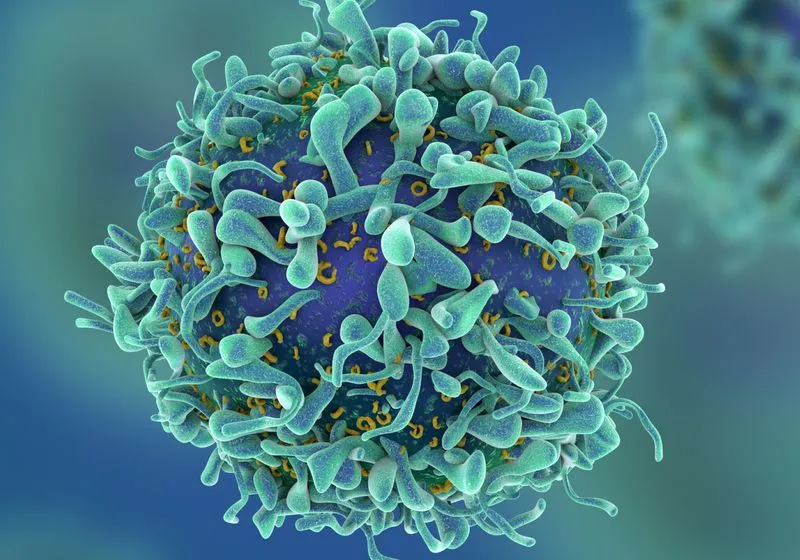Acute Lymphoblastic Leukemia, Aging, and Their Connection to Epigenetics

Understanding Acute Lymphoblastic Leukemia and Aging
Acute lymphoblastic leukemia (ALL) is a type of cancer that predominantly affects the bone marrow and blood. Aging influences the development and prognosis of ALL, often linked with epigenetic changes that impact the disease's progression.
The Role of Genetics and Senescence
Genetic factors play a crucial role in ALL, dictating not only susceptibility but also response to treatment. Senescence, a gradual decline in cellular function, contributes to T cell exhaustion, a phenomenon observed in older patients battling leukemia.
- Epigenetic modifications linked to aging.
- Potential therapies targeting T cell function.
- Impact of genetics on treatment outcomes.
Conclusion on Future Research Directions
Advancing our knowledge of these connections is crucial for developing new therapies focused on epigenetic mechanisms, ultimately improving outcomes for ALL patients.
This article was prepared using information from open sources in accordance with the principles of Ethical Policy. The editorial team is not responsible for absolute accuracy, as it relies on data from the sources referenced.